The sustainable potato production project has been implemented in the Central Highlands by PepsiCo, Syngenta and partners the National Agricultural Extension Center, USAID-Resonance - GDA project and CAREVN's She Feeds The World (SFtW) project since 2019.
After 5 years, from the initial 400 hectares, the sustainable potato growing area in the Central Highlands has increased to nearly 1,700 hectares, with an average yield of 30 - 34 tons/ha, much higher than traditional farming methods.
This outstanding success is the premise for the partner group to expand the model to the northern provinces from the 2024-2025 Winter-Spring crop, with a total area of 320 hectares.
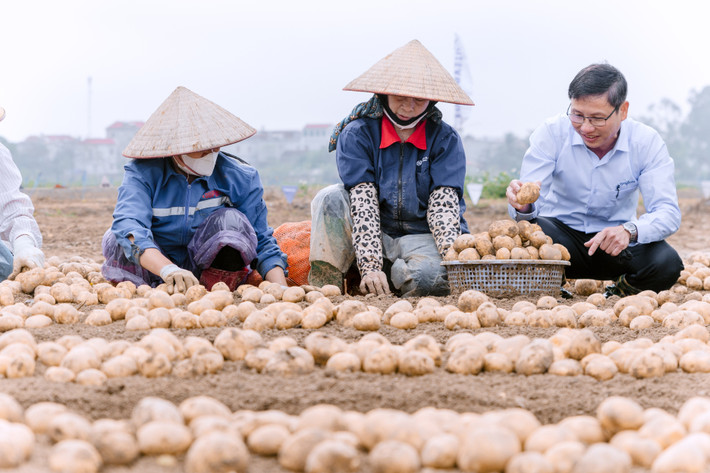
People participate in the potato harvest festival at PepsiCo Academic Center, Que Vo town, Bac Ninh province.
Productivity increases, costs decrease, farmers make big profits
After the first crop, the average potato yield reached 23 - 26 tons/ha, 8 tons/ha higher than previous crops. Production costs were also reduced thanks to the application of a precision irrigation system that saved 3,170m2 of water /ha, a set of pest management solutions that reduced the need for spraying pesticides by 2 times/crop, and the use of drones that reduced the amount of water used to mix pesticides by more than 10 times.
Previously, the pilot model of the 2023-2024 Winter-Spring crop in Thanh Hoa and Hai Duong provinces also achieved outstanding results, with the highest yield being 35 tons/ha.
When participating in the model, Mr. Doan Truong Vinh, who owns 15 hectares of potatoes in Quynh Phu district, Thai Binh province, was "very confused".
“Up until now, we have been doing things the old way! Now applying new techniques and using new varieties, we were worried at first, but then we were given detailed instructions on the techniques and our output was guaranteed, so we felt secure. Recently, my potatoes yielded an average of 25 tons/ha, with a profit of about 100 million/ha, so I am extremely excited and completely confident with this new model,” said Mr. Vinh.
Also participating in the model with 1.5 hectares, achieving a yield of up to 28 tons/ha, Mr. Do Xuan Hien, Chairman of Luong Tai Cooperative, Bac Ninh said that previously, he mainly grew other crops, so when switching to growing potatoes with new techniques, he was quite worried.
“However, after a crop, I not only know how to treat soil, treat seeds, and fertilize using modern methods, but also know how to use my phone to manage and adjust irrigation water through the application. At first, it took time to learn something new, but in return, I now save a significant amount of time and effort in the farming process, while the efficiency is higher,” Mr. Hien said excitedly.
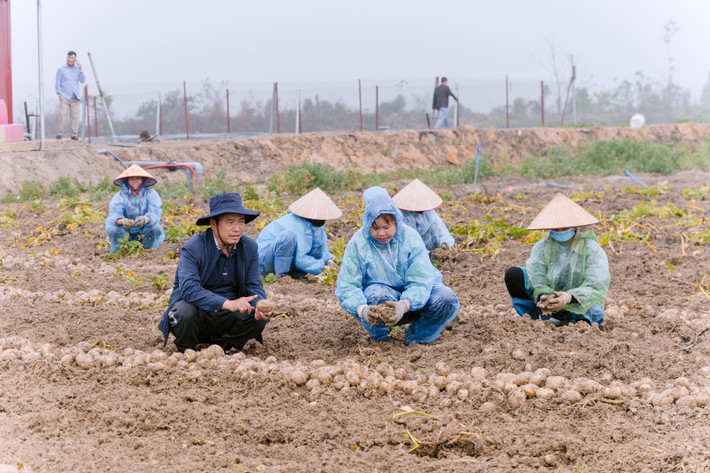
Mr. Doan The Anh (second from left) said that the potato model applying high technology and mechanization is more effective than traditional farming methods.
Similarly, Mr. Doan The Anh in Yen Lam Quarter, Bang An Ward, Que Vo Town, Bac Ninh said that the potato growing model applying high technology and mechanization is very effective, far superior to the traditional farming methods of farmers.
"Normally, growing potatoes in the traditional way only yields 15-18 tons/ha. This year, I applied high technology to grow potatoes, and the yield was up to 36 tons, and in some areas it reached 40 tons/ha," said Mr. Anh, adding that the investment cost for growing 1 hectare of potatoes using high technology is about 200 million VND.
Although the initial cost is somewhat higher, Mr. Anh asserts that the savings on water, fertilizers and pesticides, combined with the outstanding growth in productivity, bring much higher profits. “The effectiveness of this model is very clear, after deducting all costs, profits increase by 30-40%,” Mr. Anh boasts.
Mr. Nguyen Thanh Tuan, Director of External Relations and Sustainable Development of Syngenta Vietnam Company, said that sustainable agriculture does not only stop at increasing productivity, but more importantly, it helps farmers cultivate more efficiently with fewer resources, while minimizing the impact on the environment.
“Therefore, within the framework of the sustainable potato value chain model, we have implemented many advanced solutions to optimize the production process. The integrated pest management (IPM) process helps reduce the need for spraying pesticides by 2 times per crop, ensuring effective crop protection while minimizing negative impacts on the environment. At the same time, the application of drones in spraying pesticides helps farmers save more than 10 times the amount of water mixed with pesticides compared to traditional methods, reducing production costs and increasing resource efficiency," said the Director of External Affairs and Sustainable Development of Syngenta Vietnam Company.
Mr. Le Quoc Thanh, Director of the National Agricultural Extension Center (left cover) inspects a potato field in Que Vo town, Bac Ninh province.According to Mr. Le Quoc Thanh, Director of the National Agricultural Extension Center, in the context of global agriculture shifting strongly towards sustainability, reducing emissions and adapting to climate change, the sustainable potato value chain model by PepsiCo Foods, Syngenta and partners not only promotes green agriculture but also lays the foundation for the Food Innovation Network Project in Vietnam (FIH - V) of the Ministry of Agriculture and Natural Resources, aiming to expand the model, apply advanced technology and create sustainable value for the Vietnamese potato industry.
Enterprises proactively supply high quality raw materials
Expanding the raw material area to the North not only helps farmers have more crop options and the opportunity to have a stable income from growing potatoes, but also helps businesses proactively supply quality raw materials, ensuring clear origin. Thereby, creating a sustainable value chain, when production is closely linked with processing and consumption.
“As one of the leading enterprises in the processed food industry, PepsiCo is committed to not only providing quality products but also ensuring that input materials are produced in a sustainable and environmentally friendly manner,” affirmed Mr. Nguyen Viet Ha, General Director of PepsiCo Foods Vietnam.
“Expanding the sustainable potato value chain model not only helps us proactively source and prepare stable raw material areas for the new factory in Ha Nam that is about to open, but also contributes to building a modern agricultural sector, minimizing environmental impacts, in line with Vietnam’s green development strategy. We are proud to be a pioneer in contributing to Vietnam’s meaningful FIH-V initiative,” said the General Director of PepsiCo Foods Vietnam.
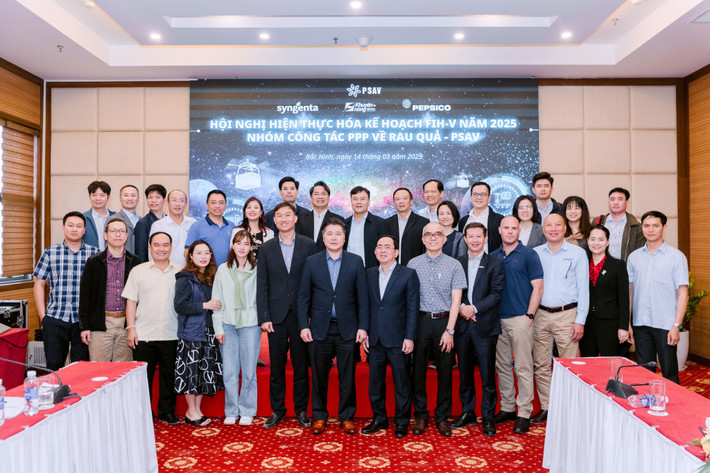
The Fruit and Vegetable PPP Working Group and the Vietnam Sustainable Agriculture Partnership Secretariat met to implement the Food Innovation Network in Vietnam (FIH-V) plan for 2025
Last weekend, in Bac Ninh, the PPP Working Group on Fruits and Vegetables and the Secretariat of the Partnership for Sustainable Agriculture Development in Vietnam (PSAV), the Ministry of Agriculture and Environment held a conference to realize the Food Innovation Network in Vietnam (FIH-V) plan for 2025.
At the conference, the Fruit and Vegetable PPP Working Group discussed policy bottlenecks and value chain challenges in implementing innovation. In particular, the Group's experts shared plans to expand sustainable potato growing areas to the Northern region after the success of the 2024-2025 Winter-Spring crop.
Currently, potato production in Vietnam only meets 30-40% of domestic potato demand, most of which must still be imported from Australia, the US, Germany, the Netherlands, and China.
In 2023, Vietnam will be the leading importer of fresh potatoes in the Asia-Pacific region, worth more than 134 million USD. Therefore, developing potato growing areas under the PPP model is not only a potential direction but also a driving force to promote sustainable development and innovation in the potato value chain.
As part of the event, a potato harvest festival was also held in the potato field at the PepsiCo Learning Center.
With a scale of 10 hectares, this is a model that applies high-tech solutions and cultivation towards reducing emissions.
The event is an opportunity for farmers to exchange experiences, learn new solutions from real models, and participate in harvesting to witness the farming efficiency firsthand.
In addition to the harvesting activities, many exchange programs and games were organized, creating a space for both learning and entertainment, providing useful knowledge about farming techniques and attractive gifts for participating farmers.
Source: https://daibieunhandan.vn/pepsico-syngenta-mo-rong-mo-hinh-san-xuat-khoai-tay-ben-vung-ra-phia-bac-post407530.html


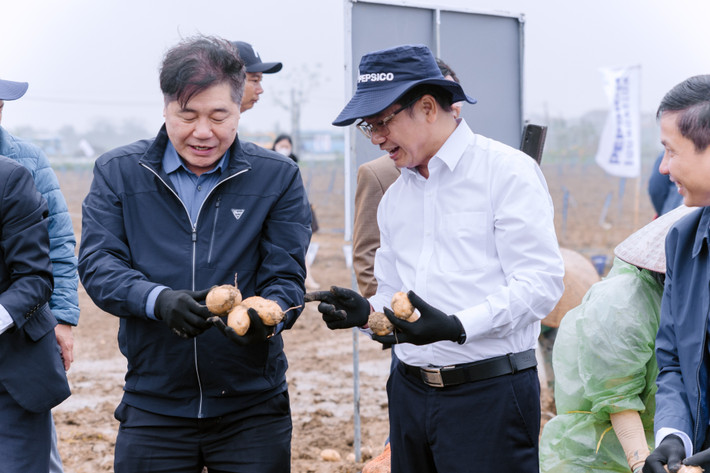

![[Photo] Prime Minister Pham Minh Chinh receives Swedish Minister of International Development Cooperation and Foreign Trade](https://vphoto.vietnam.vn/thumb/1200x675/vietnam/resource/IMAGE/2025/5/12/ae50d0bb57584fd1bbe1cd77d9ad6d97)

![[Photo] Prime Minister Pham Minh Chinh starts construction of vital highway through Thai Binh and Nam Dinh](https://vphoto.vietnam.vn/thumb/1200x675/vietnam/resource/IMAGE/2025/5/12/52d98584ccea4c8dbf7c7f7484433af5)
![[Photo] Prime Minister Pham Minh Chinh works with the Standing Committee of Thai Binh Provincial Party Committee](https://vphoto.vietnam.vn/thumb/1200x675/vietnam/resource/IMAGE/2025/5/12/f514ab990c544e05a446f77bba59c7d1)



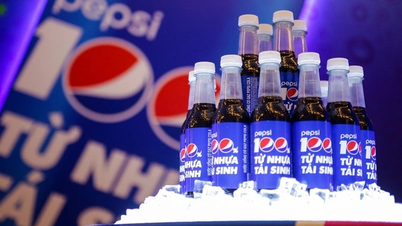




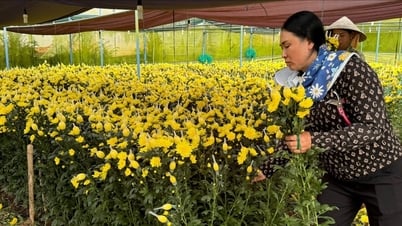

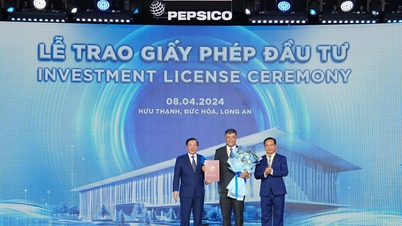






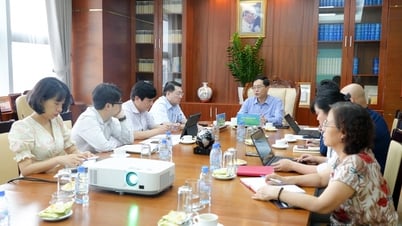

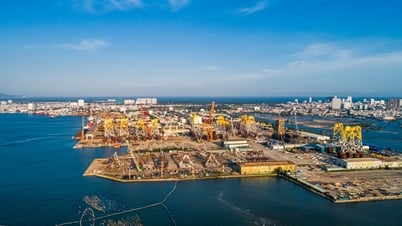

















































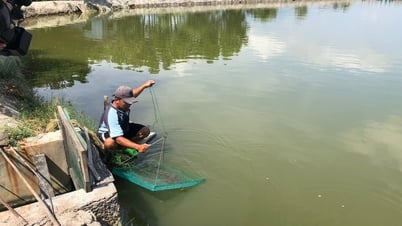

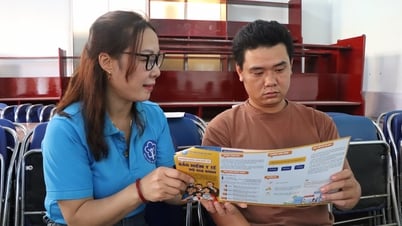
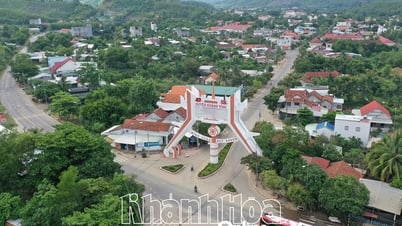










Comment (0)